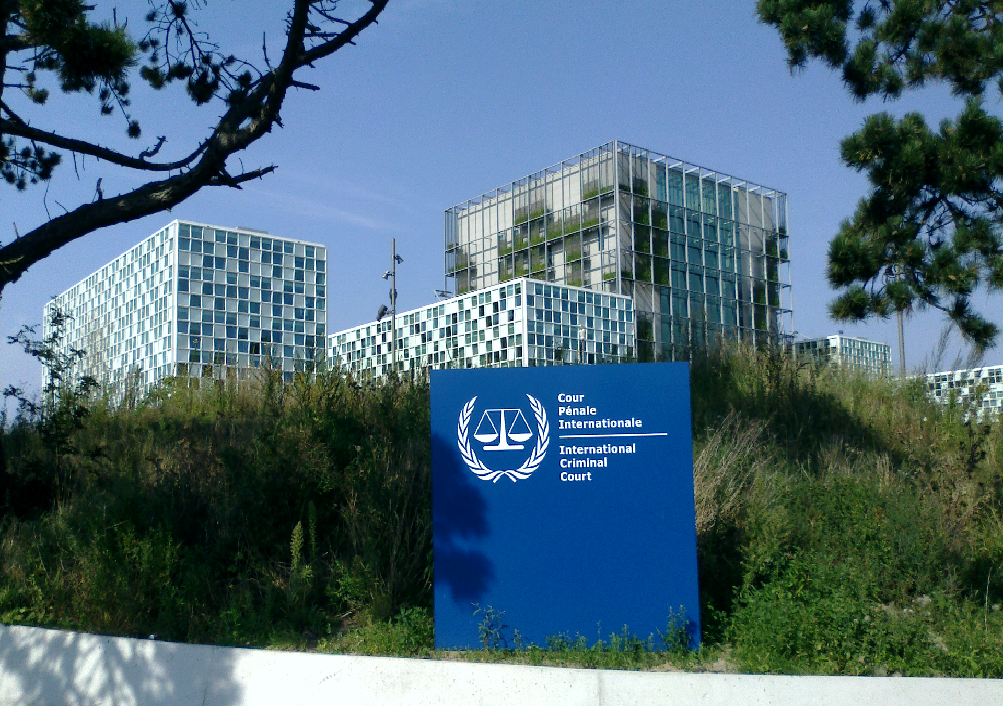ICC asks for more evidence on Uighur genocide claims

December 12: The international criminal court (ICC) has asked for more evidence before it will be willing to open an investigation into claims of genocide against Uighur people by China, but has said it will keep the file open for such further evidence to be submitted.
With Beijing not a signatory to the ICC, those bringing the claim of genocide have pointed to the alleged forcing of Uighur people from Tajikistan and Cambodia into China as evidence, the Guardian reported. Both countries are signatories to the Rome statute setting up the ICC.
The expected ICC decision, already relayed to lawyers, is that there is still insufficient evidence to warrant opening a full-scale investigation. Those bringing the claim say extra evidence is already being submitted to the ICC in The Hague, and some of the initial evidence gathering had been delayed by the inability to travel to collect documentation because of the coronavirus pandemic.
The ICC is expected to make its ruling known in the next few days ahead of the assembly of state parties taking place in The Hague from 14-16 December. The complaint was submitted in July on behalf of the East Turkistan Government in Exile and the East Turkistan National Awakening Movement.
The further evidence needs to address additional instances of the rounding up of Uighurs abroad by the Chinese government, and of it forcing them back into China, specifically from Tajikistan and Cambodia, as well as cases of deportation from China into Tajikistan.
The legal team said it had this week submitted a further communication to the prosecutor outlining this evidence. The ICC, already under attack from the US, will have to weigh the politics of opening a complaint against the world’s other superpower.
The complaint is the first of its kind, and the only way that Chinese officials could be criminally investigated and prosecuted at the international level for the alleged abuses carried out against Uighur people.
Although China is not a signatory to the Rome statute, the decisions of ICC pre-trial chambers in two previous cases in 2018 and 2019 concerning crimes against Rohingya people in Bangladesh and Myanmar decided that the court may exercise jurisdiction over international crimes when part of the criminal conduct takes place on the territory of a state that is a signatory to the ICC. Although Myanmar is not a signatory to the ICC, crimes against the Rohingya were committed in Bangladesh, a party to the ICC.
The latest complaint makes clear that the alleged crimes committed against the Uighur people in north-west China have been widespread and systematic, including people being subjected to imprisonment and torture as well as forced birth control, sterilisations and marriages.
The lawyers claim the torture has taken place on a mass scale and all examples should be investigated in order to ascertain whether the alleged perpetrators can be charged and tried.
Rodney Dixon QC, the lead barrister, said: “This is a very important moment. The millions of Uighur victims who are suffering terrible atrocities at the hand of the Chinese government officials need justice and we are hopeful that the ICC will take up this investigation. We will be providing highly relevant evidence that will permit this to happen in the coming months. We are engaging with the office of the prosecutor as these proceedings go on with the aim of opening a full investigation.”
Chinese officials have repeatedly dismissed the claims as slanderous and recently said the government had lifted more than 1 billion people out of poverty by “pursuing a people-centred vision on human rights”.
The submission includes the names of senior Chinese officials, including the president, Xi Jinping, who it says should be charged for planning and directing the campaign.
At a press conference earlier this month, the Chinese foreign ministry spokesman, Wang Wenbin, said: “The Chinese people’s rights to speech and religious freedom, as well as the ethnic minorities’ right to participate in the governance of state affairs, are protected according to law.”
The bar for proving genocide is high owing to the need for a court to be satisfied there is proof of intent.
Separately, the UK foreign affairs select committee has written to the Foreign Office to ask if it will refer the case to the ICC or alternatively give its own opinion of whether genocide has been committed.
It claims in a letter to the UK foreign secretary, Dominic Raab, there is evidence of forced sterilisation and large-scale separation of Uighur and other minority ethnic children from their parents. The letter adds: “It is difficult to conceive of a situation in which these occurrences would not be intentional, or how these actions would not demonstrate the intended destruction of a group.”
The chair of the select committee, Tom Tugendhat, said he was “confident that a court ruling would be a powerful step towards galvanising the international community to bring an end to these atrocities”.
Sign up for our weekly newsletter to stay up to date on our product, events featured blog, special offer and all of the exciting things that take place here at Legitquest.




Add a Comment